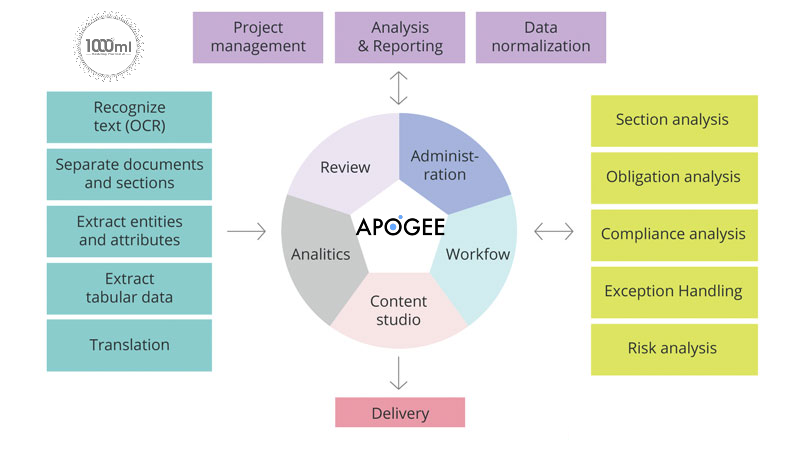Overview of the current state of document AI and NLU
Today’s businesses are struggling with the overwhelming amount of paper-based documents that need to be stored, analyzed and processed. In recent years, the development of advanced technologies such as optical character recognition (OCR), natural language processing (NLP) and machine learning (ML) has led to the emergence of document AI, a new category of software that promises to automate these processes and improve the efficiency and security of document-based workflows.
The importance of using Document AI and NLU (natural language understanding)
Among the different AI technologies that can be applied to document analysis, NLU has shown the greatest potential for automating the understanding and interpretation of natural language text. Unlike OCR, which is limited to recognizing characters and images, NLU can extract meaning and context from unstructured text, providing businesses with new insights and opportunities for process automation

The Evolution of Document AI
From optical character recognition (OCR) to advanced text extraction
OCR technology has been around for decades and has proven to be effective in automating the recognition of printed or handwritten text. However, OCR alone is not sufficient to automate the analysis of documents. In recent years, advanced text extraction algorithms have been developed that can extract specific types of information such as names, addresses, dates, and dollar amounts from documents, providing a foundation for the next generation of document AI.
The limitations of traditional document AI techniques
Even with advanced text extraction, traditional document AI is still facing limitations such as the need for manual rules, lack of semantic understanding, and poor accuracy for specific types of documents such as contracts and legal documents.
The emergence of NLU-powered document AI
With the development of NLU technologies, document AI is now moving beyond simple text extraction to full-text understanding, which allows businesses to automate the understanding of the meaning and context of natural language text. This new generation of document AI is able to automatically extract entities, relationships, and intent from text, providing businesses with new insights and opportunities for process automation.
The Impact of NLU on Contract Analysis
How NLU enables more accurate contract analysis
NLU technology allows for the automated analysis of contract text, including the identification of key clauses, the extraction of relevant information, and the analysis of sentiment and intent. This greatly improves the efficiency and accuracy of contract analysis tasks, reducing the need for manual review and improving the ability to identify potential risks and opportunities.
Use case examples of NLU in contract analysis
NLU-powered document AI can be used in a variety of industries such as legal, financial, and healthcare where contracts are a critical part of the business. Examples of specific use cases include identifying key clauses in service level agreements, extracting key information from insurance policy documents, and analyzing sentiment in customer feedback.
The future potential of NLU in contract management
The use of NLU-powered document AI in contract analysis is just the beginning of what can be achieved with this technology. In the future, we can expect to see the use of NLU in automating contract negotiation, contract execution and even contract creation
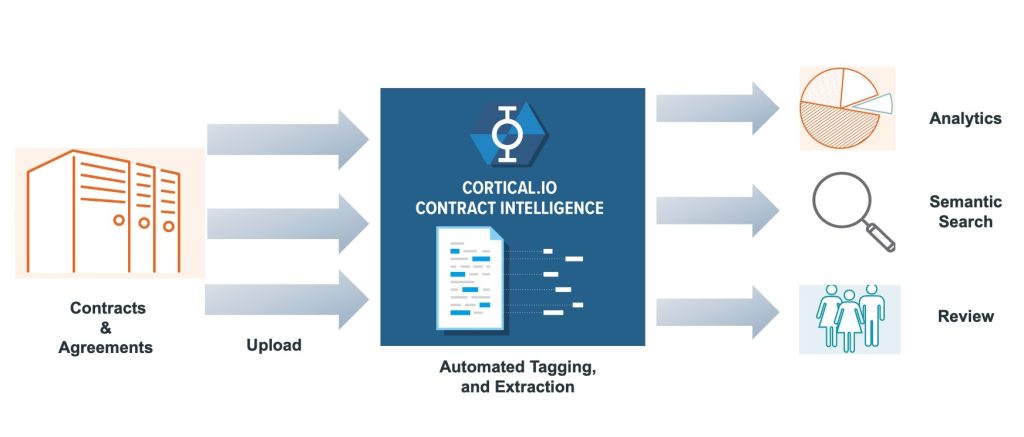
Apogee Suite: A Case Study in NLU-Powered Document AI
Apogee Suite and its features
Apogee Suite is a document management software that provides advanced OCR, document capture, and document workflow automation capabilities. The software is designed to improve efficiency, security, and compliance in document-intensive workflows. It offers features such as automated data extraction, annotation and redaction, and e-signature, specifically designed for the legal, financial and healthcare sectors.
NLU for advanced document capture and workflow automation
Apogee Suite uses advanced NLU algorithms to automatically extract key information from natural language text, such as entities, relationships, and intent. This allows the software to automate the capture, classification, and routing of documents based on their content, greatly improving the efficiency and accuracy of document-based workflows.
Use case examples
Apogee Suite can be used in a variety of industries such as legal, financial, and healthcare where contracts are a critical part of the business. Examples of specific use cases include automating the routing of legal documents, extracting key information from financial statements, and classifying medical records.
Comparing to other document AI solutions in the market
Apogee Suite offers advanced NLU capabilities that set it apart from other document management solutions in the market. It’s ability to extract key information from natural language text, enables it to automate document-based workflows more accurately than traditional OCR-based solutions.
ROI and cost-benefit analysis
Apogee Suite can greatly improve the efficiency and accuracy of document-based workflows, resulting in significant cost savings and increased productivity. In addition, its advanced security and compliance features can help businesses to reduce the risk of data breaches and compliance violations.
Effectiveness in improving efficiency and compliance
Apogee Suite is a powerful document management solution that leverages the power of NLU to automate document capture, classification, and routing, improving the efficiency and accuracy of document-based workflows. In addition, its advanced security and compliance features make it an ideal solution for businesses that are looking to improve their document-based workflows while also reducing the risk of data breaches and compliance violations.
Challenges and Opportunities
Technical challenges in implementing NLU-powered document AI
NLU-powered document AI is a relatively new technology, and there are certain technical challenges that need to be overcome before it can be fully implemented. These include the need for large amounts of training data, the complexity of natural language text, and the need for advanced machine learning algorithms.
Ethical considerations in the use of NLU in document AI
The use of NLU in document AI raises certain ethical considerations such as the potential for bias and discrimination, the impact on jobs, and the need for transparency and accountability.
Opportunities for innovation and growth in the industry
Despite the challenges, the use of NLU in document AI offers significant opportunities for innovation and growth. By automating the understanding of natural language text, businesses can gain new insights and opportunities for process automation, leading to increased efficiency, security, and compliance.

Conclusion
Summary of key points
The article has discussed the importance of natural language understanding (NLU) in document AI, the evolution of document AI from OCR to NLU-powered document AI, the impact of NLU on contract analysis, the Apogee Suite case study, the challenges and opportunities in the field.
The potential for NLU to revolutionize the document AI industry
The use of NLU in document AI has the potential to revolutionize the way businesses process and analyze documents, leading to increased efficiency, security, and compliance.
Call to action for further research and implementation
The potential for NLU in document AI is clear, and it is important for businesses and industry leaders to continue researching and implementing NLU-powered solutions in order to fully realize the benefits it can bring. This includes investing in advanced technologies, training workforce, and collaborating with industry experts to find new and innovative ways to apply NLU in document-intensive workflows.
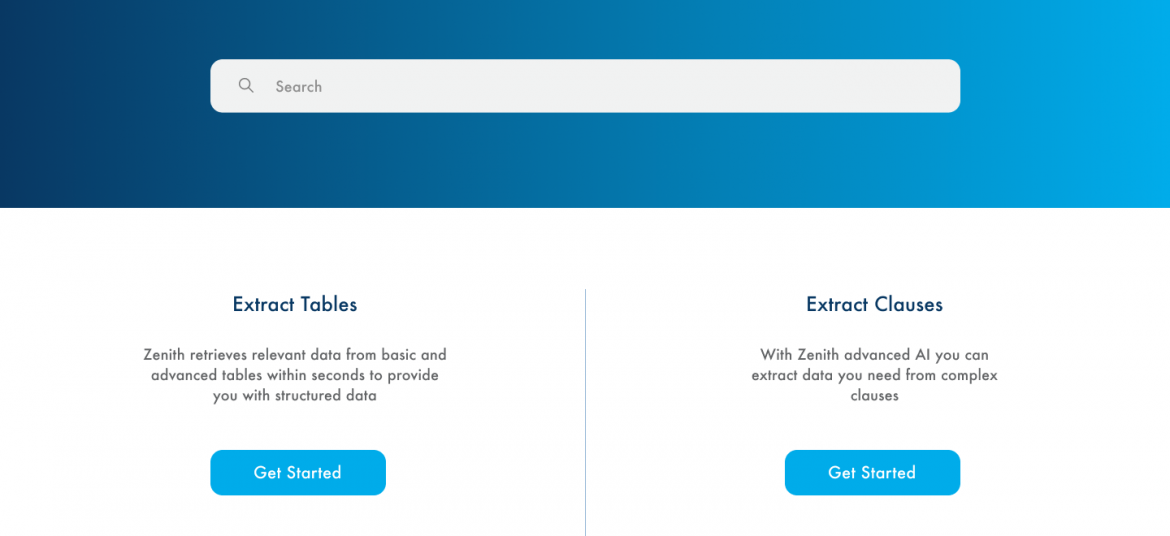
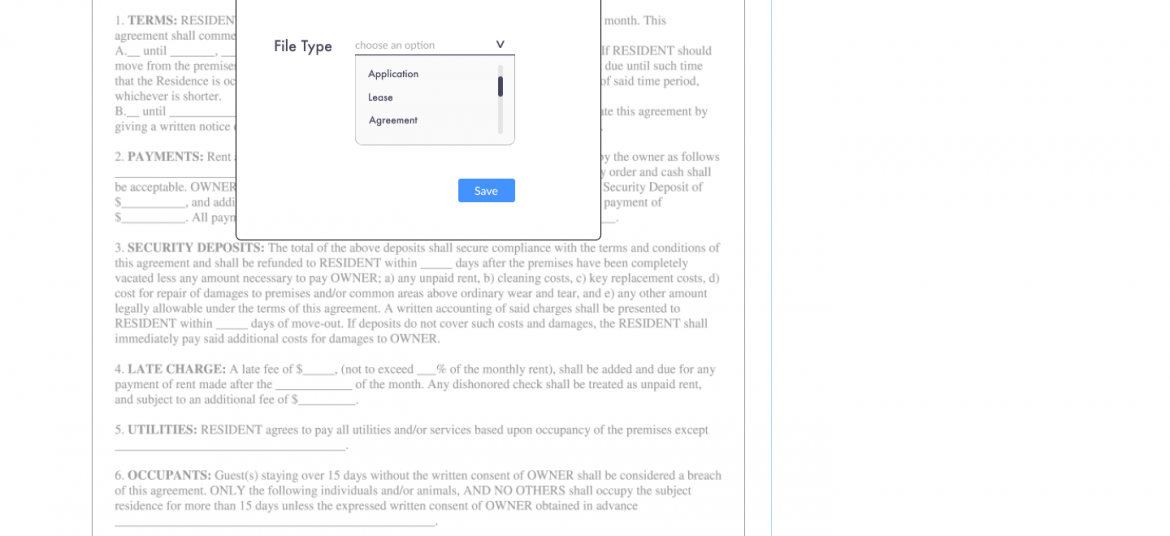
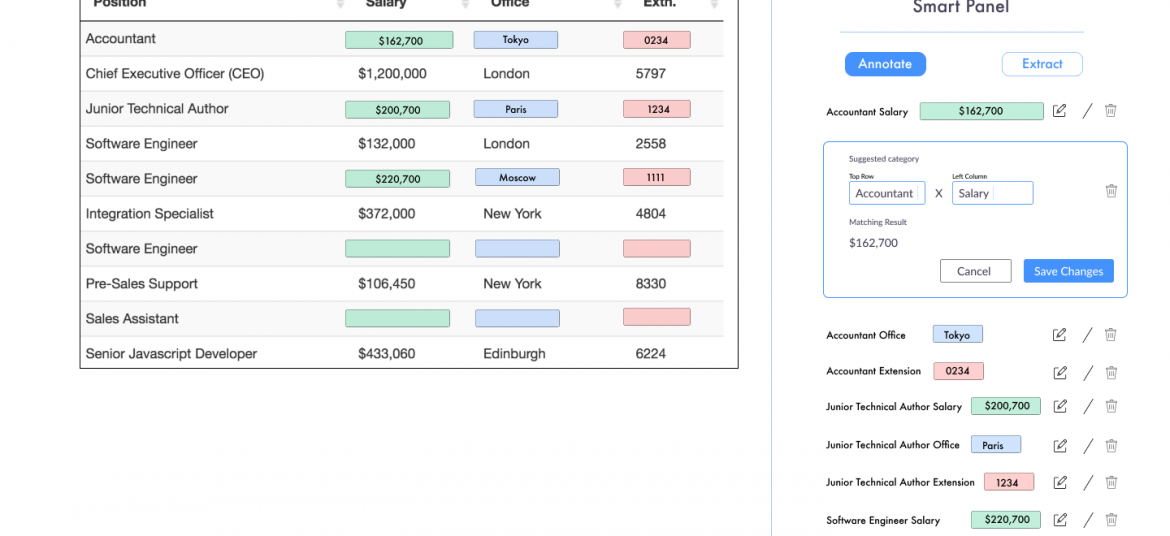
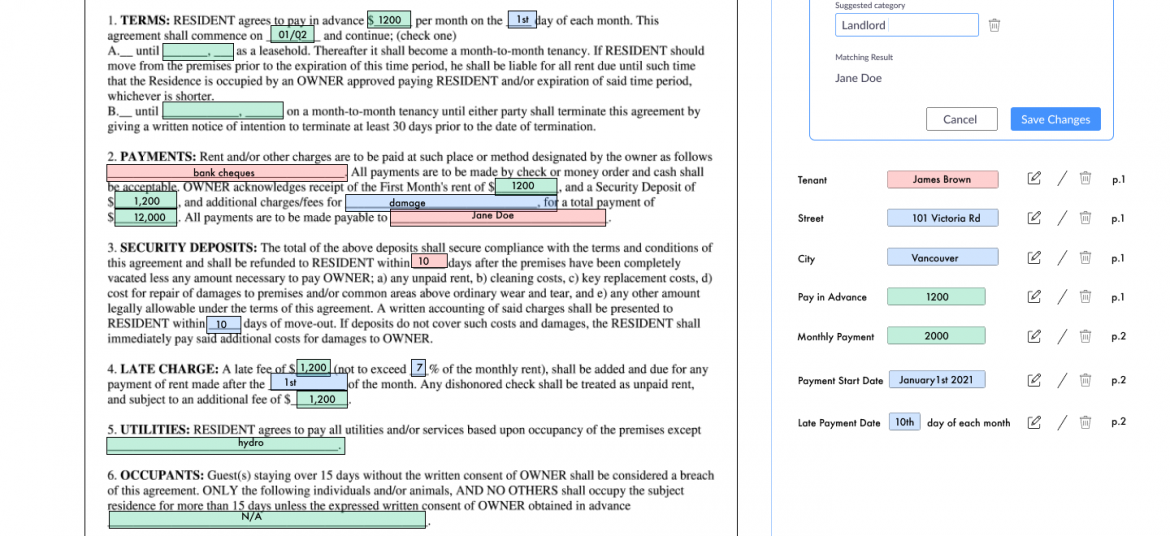
Apogee Suite of NLP and AI tools made by 1000ml has helped Small and Medium Businesses in several industries, large Enterprises and Government Ministries gain an understanding of the Intelligence that exists within their documents, contracts, and generally, any content.
Our toolset – Apogee, Zenith and Mensa work together to allow for:
- Any document, contract and/or content ingested and understood
- Document (Type) Classification
- Content Summarization
- Metadata (or text) Extraction
- Table (and embedded text) Extraction
- Conversational AI (chatbot)
Search, Javascript SDK and API
- Document Intelligence
- Intelligent Document Processing
- ERP NLP Data Augmentation
- Judicial Case Prediction Engine
- Digital Navigation AI
- No-configuration FAQ Bots
- and many more
Check out our next webinar dates below to find out how 1000ml’s tool works with your organization’s systems to create opportunities for Robotic Process Automation (RPA) and automatic, self-learning data pipelines.
